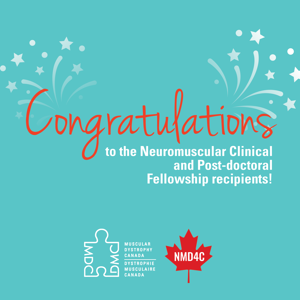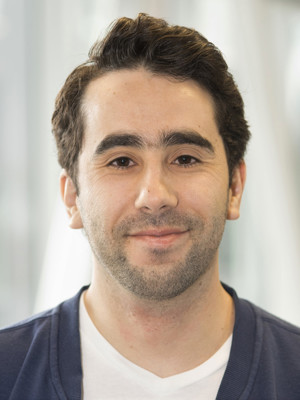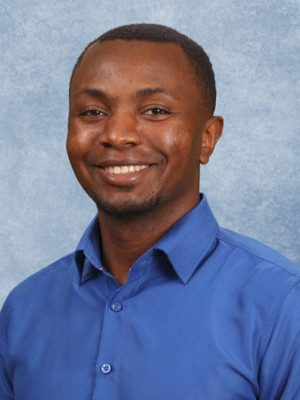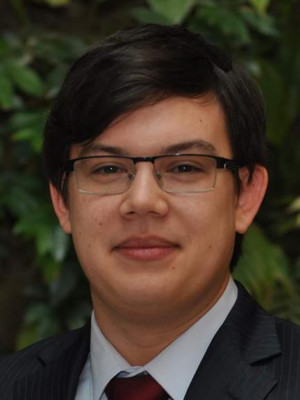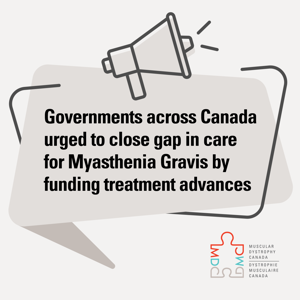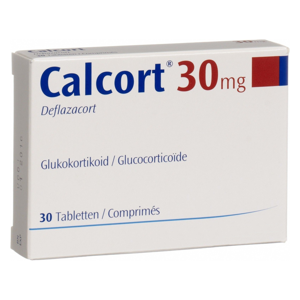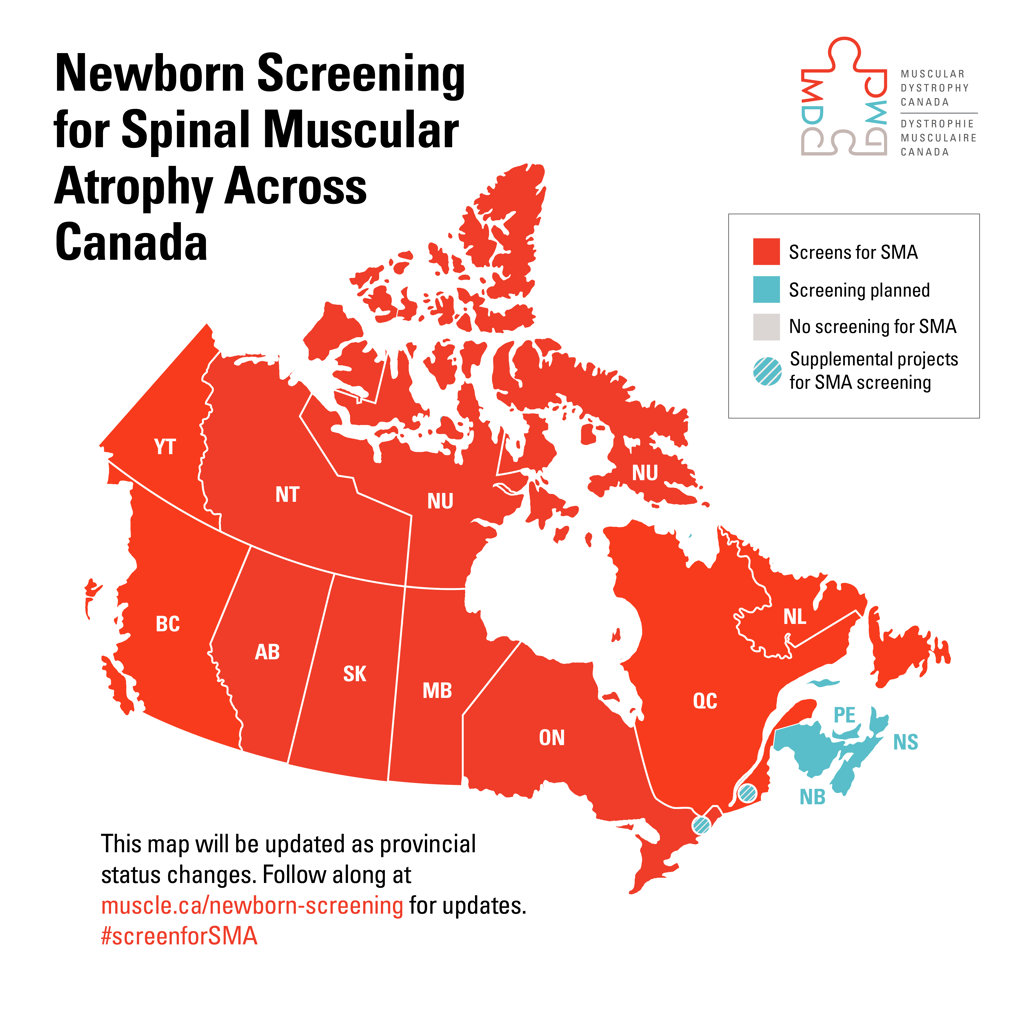FOR IMMEDIATE RELEASE – Muscular Dystrophy Canada is thrilled to advance neuromuscular research by awarding $900,000 to the recipients of the 2025 annual Neuromuscular Research Grants competition. Through this year’s competition we are excited to be supporting clinical and translational research projects focused on managing symptoms, healthcare assessments, understanding diagnosis and disease progression, enhancing care, discovering new treatments, therapies and moving research towards the development of cures. While this year’s competition supports research across a range of neuromuscular disorders, we are especially proud to fund two projects focused on Friedreich ataxia (FA) – made possible through a dedicated joint sub-call in partnership with Ataxia Canada.
“These grants are a vital step in breaking down barriers for the Canadian neuromuscular community. Through them, we can expand research infrastructure by funding research across a broad set of neuromuscular disorders, while also helping to fill current gaps in the funding landscape and honouring our commitment to improve the lives of individuals affected by neuromuscular disorders,” said Stacey Lintern, CEO, Muscular Dystrophy Canada. “A special thank you to the clinicians and researchers on our Scientific Review Panel, and our Lived Experience Readers who volunteered their time and expertise in selecting this year’s recipients and ensuring a rigorous, high integrity selection process.”
Neuromuscular research grants are made possible each year thanks to the generosity of our supporters who work tirelessly to support the neuromuscular community. Generous donors, passionate fundraisers, like-minded partners, and dedicated Fire Fighters across the country make it possible for Muscular Dystrophy Canada to fund these projects, ensuring that Canada is prepared to provide access to new life-changing treatments, while also filling the immediate need for advanced treatment and care options. Muscular Dystrophy Canada is committed to working alongside our donors and partners to keep neuromuscular research moving forward—especially in rare conditions like FA, where joint funding leverages shared resources and significantly amplifies impact. By funding ground-breaking research for all neuromuscular disorders, we can continue to leverage the momentum and progress that has been made to date, and fuel future discoveries.
The projects submitted this year for consideration were of remarkable quality, and we thank each and every team for their commitment in doing this important work. Together, we’re shaping a future where every Canadian diagnosed with a neuromuscular disorder can access the care and research they need. From the entire neuromuscular community, congratulations to all recipients!
2025 CLINICAL AND TRANSLATIONAL SCIENCE RESEARCH GRANT RECIPIENTS:
 Dr Carolina Barnett-Tapia MD PhD
Dr Carolina Barnett-Tapia MD PhD
Multimodal remote screening for bulbar dysfunction in myasthenia gravis – University Health Network Toronto General Hospital
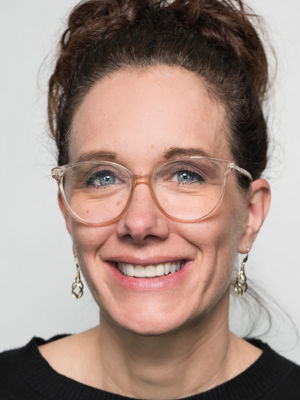 Dr Cynthia Gagnon PhD
Dr Cynthia Gagnon PhD
Selecting a patient-reported outcome to enhance dysphagia assessment in myotonic dystrophy type 1 and Friedreich ataxia – Université de Sherbrooke
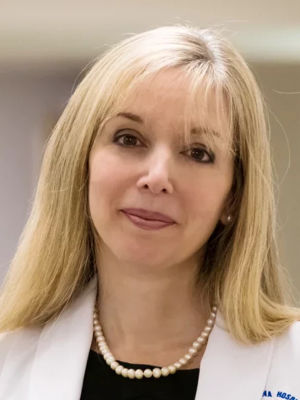 Dr Jodi Warman-Chardon MD PhD FRCPC (Neurology)
Dr Jodi Warman-Chardon MD PhD FRCPC (Neurology)
Biomarker discovery in inclusion body myositis – Ottawa Hospital Research Institute
 Dr Melissa Fiscaletti MD FRCP(C) MSc
Dr Melissa Fiscaletti MD FRCP(C) MSc
Harnessing polygenic risk scores to transform osteoporosis screening in Duchenne muscular dystrophy – Centre hospitalier universitaire Sainte-Justine
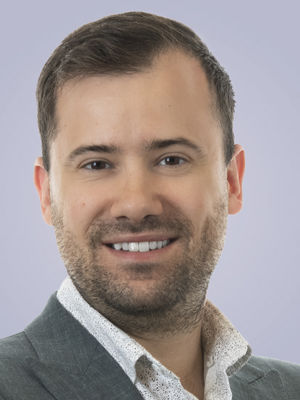 Dr Vincent Picher-Martel MD
Dr Vincent Picher-Martel MD
Development of antisense oligonucleotide therapy for oculopharyngeal muscular dystrophy using advanced 3D tissue modeling – Centre de recherche du CHU de Québec-Université Laval
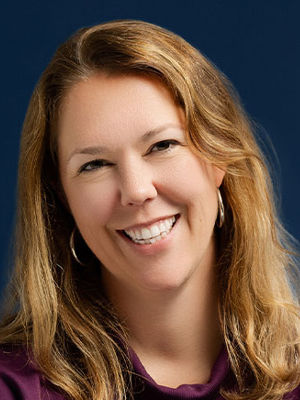 Dr Marie-Claude Sincennes PhD
Dr Marie-Claude Sincennes PhD
Analysis of tissue organization and cell type-specific defects in oculopharyngeal muscular dystrophy – National Institute of Scientific Research
 Dr Mark Currie PhD
Dr Mark Currie PhD
Developing a reporter system for rapid screening of drugs to treat Emery-Dreifus muscular dystrophy – University of Toronto
 Dr Yan Burelle PhD
Dr Yan Burelle PhD
Targeting mitochondrial quality control to promote muscle regeneration in Duchenne muscular dystrophy – University of Ottawa
 Dr Toshifumi Yokota PhD FCAHS
Dr Toshifumi Yokota PhD FCAHS
Development of an enhanced antisense therapy using lipid nanoparticles for Friedreich ataxia and spinobulbar muscular atrophy – University of Alberta
Learn more about Muscular Dystrophy Canada’s research investments and the incredible projects that will improve our understanding and drive the development of new treatments and cures for neuromuscular disorders by visiting muscle.ca.
– 30 –
ABOUT MUSCULAR DYSTROPHY CANADA
Muscular Dystrophy Canada’s mission is to enhance the lives of those affected by neuromuscular disorders by continually working to provide ongoing support and resources while relentlessly searching for a cure through well-funded research. To learn more about Muscular Dystrophy Canada, please visit muscle.ca or call our toll-free number at 1-800-567-2873.
MEDIA CONTACT
Homira OsmanVice President, Research and Public Policy
Homira.Osman@muscle.ca
437-912-9037

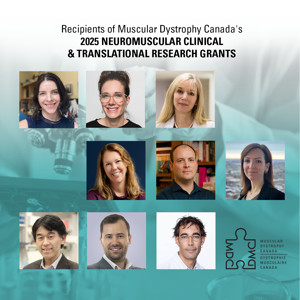

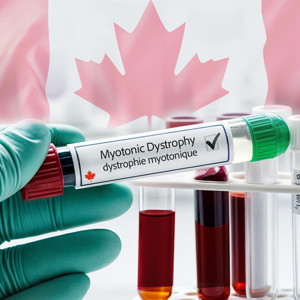

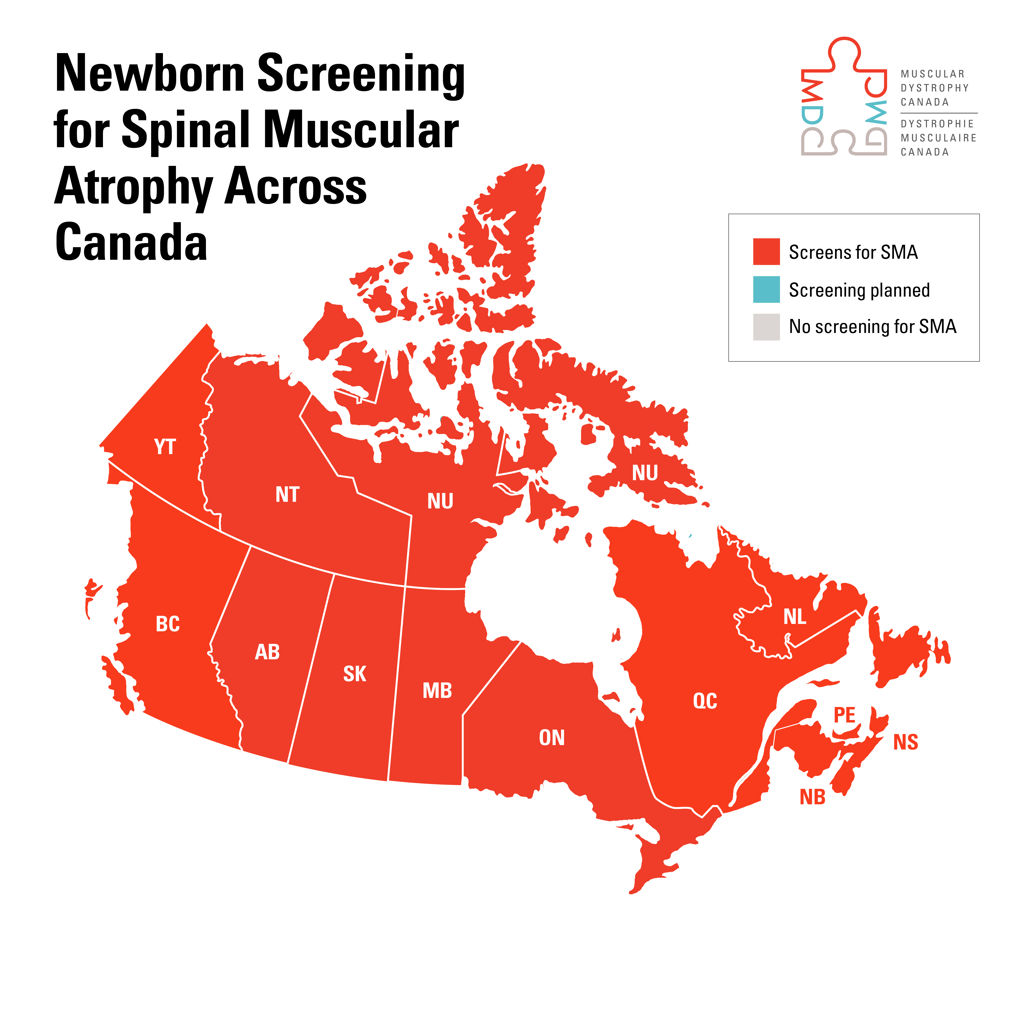

 Dr Haim Abenhaim
Dr Haim Abenhaim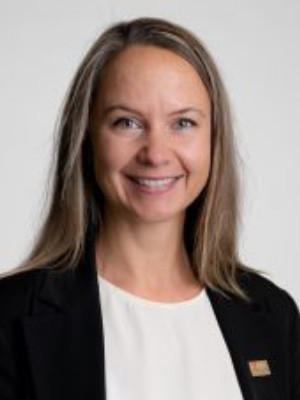 Dr Krista Best
Dr Krista Best Dr Nathalie Bier
Dr Nathalie Bier Dr Rageen Rajendram
Dr Rageen Rajendram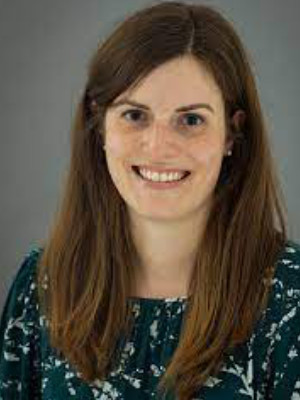 Dr Karine Choquet
Dr Karine Choquet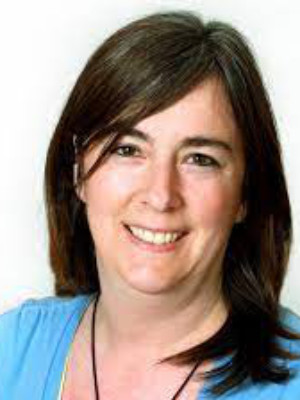 Dr Lisa Hoffman
Dr Lisa Hoffman Dr Rashmi Kothary
Dr Rashmi Kothary Dr Keir Menzies
Dr Keir Menzies Dr Gerald Pfeffer
Dr Gerald Pfeffer